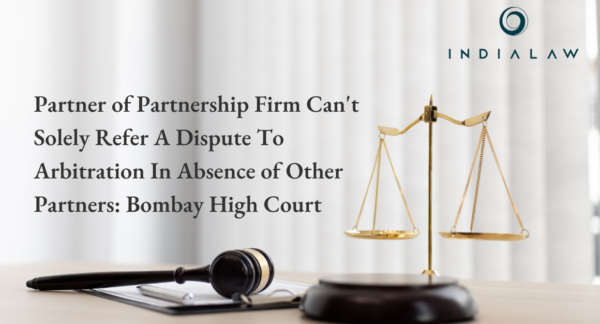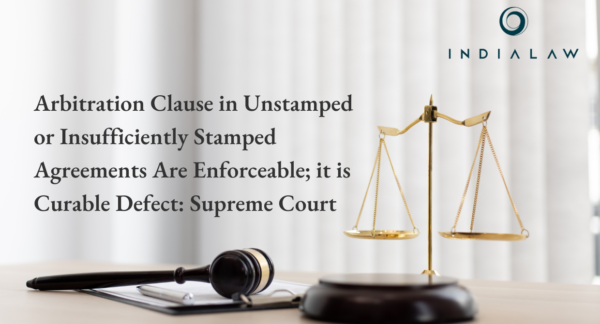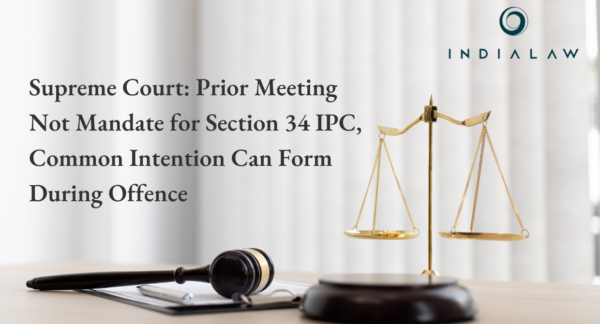HC: Section 47 of CPC Cannot Be Applicable While Executing Arbitral Awards States Tripura High Court


The Hon’ble High Court of Tripura in its recent judgment1 passed on December 2022 held that Section 47 of the Code of Civil Procedure, 1908 (“CPC”) is not applicable to the execution of an arbitration award passed under the Arbitration and Conciliation Act, 1996 (“Arbitration Act”).
It was observed that the executing court cannot entertain objections against the arbitral award while it exercises the power under Section 36 of the Arbitration Act. Moreover, an arbitral award can only be challenged under Section 34 of the Arbitration Act and any objection cannot be raised under Section 36 of the Act.
In the case in question, the parties had signed two separate agreements. The dispute arising from respective agreements was referred to as two separate arbitrations. In both arbitrations, the award was passed in favour of the Respondent. In order to enforce the award under Section 36 of the Arbitration Act, the Respondent approached the Commercial Court.
The Petitioner raised objections by filing an application under Section 47 of CPC. The Commercial Court rejected the said application on the ground that an award passed by the arbitrator is final and binding on the parties which can be challenged only on the grounds prescribed under Section 34 of the Arbitration Act. It further observed that the application of Section 47 CPC in a proceeding under Section 36 of the Act for enforcement of arbitral award would make Section 34 of the Arbitration Act redundant. In such view of the matter, the Commercial Court allowed the applications filed under Section 36 of the Arbitration Act and passed an order for enforcement of the award.
Aggrieved with the said impugned order the Petitioner filed the Civil Revision Petition before the Hon’ble High Court of Tripura for quashing the impugned order.
The bench held that in the scheme of the Arbitration Act, a challenge against an arbitral award can only be made by taking recourse to Section 34 of the Arbitration Act.
In the present case, the Petitioner did not prefer any application under Section 34 of the Act. The Respondent approached the Court by filing a petition under Section 36 for enforcement of the arbitral award after the time prescribed for filing the application u/s 34 expired. Only then, the Petitioner raised an objection under Section 47 CPC.
The bench observed that Section 5 of the Arbitration Act which is a non-obstante clause prohibits any objections except those raised under Section 34 of the Arbitration Act.
Section 5 of the Arbitration Act clearly provides that “Notwithstanding anything contained in any other law for the time being in force, in matters governed by this Part, no judicial authority shall intervene except where so provided in this Part”
The Hon’ble High Court further observed that since the Petitioner had failed to challenge the award under Section 34 of the Arbitration Act, the Petitioner cannot be permitted to raise objections under Section 47 of CPC.
In view of the aforesaid findings, the bench held that the recourse under Section 47 of CPC which provides for certain questions to be determined by the executing court does not apply to the execution of an arbitration award under the Arbitration Act.
1 State of Tripura v. Ashes Deb, CRP 85 of 2022




